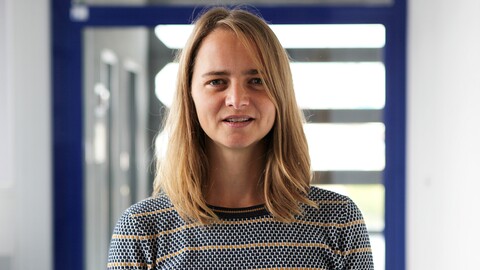People Misjudge the Amount of Sugar in Foods – Limited Information Can Already Help
If people know the sugar content of certain foods and drinks, they are more able to estimate the correct amount of sugar in other foods. This is the result of a psychological study at the University of Mannheim.

Together with her colleagues Annalena Loose and Barbara Kreis, Dr. Julia Groß, academic staff member in the team of Edgar Erdfelder, senior professor of Cognitive Psychology, has conducted an experimental study on the knowledge about the sugar content of foods. The researchers wanted to find out how good people are at estimating the amount of sugar and if a short intervention helps to improve the correctness of their estimates.
“In the first part of the study, we asked the 160 participants to estimate the sugar content of certain foods and drinks,” explains Groß the structure of the online experiment. “Surprisingly, the participants estimated the sugar content of individual foods as being much higher than it actually was. We expected them to underestimate the sugar content since most people eat too much sugar.” Groß suspects that the population's knowledge about how much sugar one should consume per day and which products contain how much of it is currently still very limited.
In their study, the Mannheim researchers have tested an opportunity to educate the population: In a so-called seeding intervention – a targeted provision of numerical information – they informed some participants about the sugar content of some foods they previously had estimated. In the second part of the experiment, all participants then had to guess the sugar content of other foods and drinks in gram. “The estimates of the persons who have received the two-minute intervention improved considerably. The estimates of persons who have not received the intervention were still as vague as in the first part of the study,” Groß explained. The authors attribute this success to their seeding intervention. Groß is pleased with the results: “We were astonished how well people could transfer the newly learned information to other foods. It is a very fast and cheap opportunity with huge effects.” She already has an idea on how seeding interventions can be integrated into daily life: “There are so many health apps today that can be used to easily spread information like the sugar content of various foods.”
Text: Jessica Scholich/
